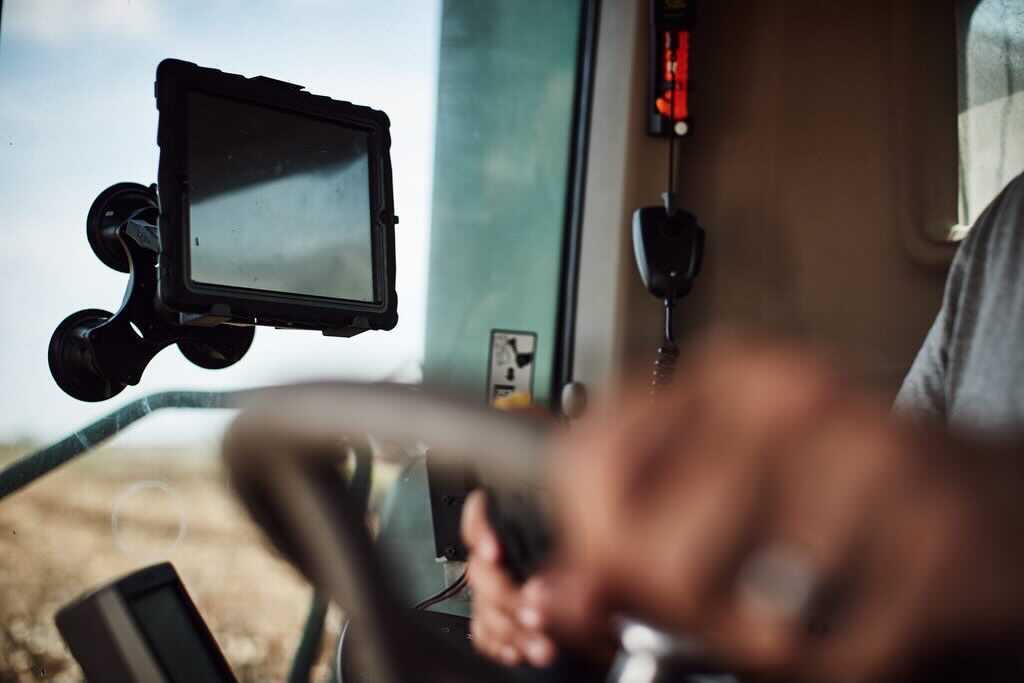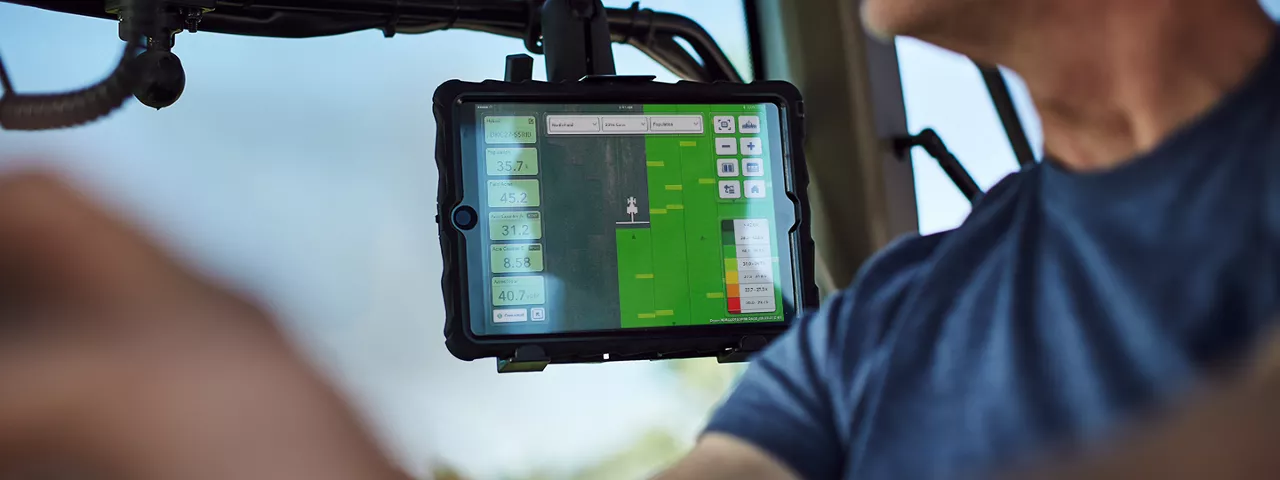In 1999, Troy saw an opportunity to get into the agriculture world. Grain prices had depressed, and grain elevators all over Saskatchewan were closing left and right, leaving a huge need for grain cleaning in the province. Having grown up around business owners, it was only natural for Troy to seize the opportunity to start his own mobile grain cleaning plant.
“I set a goal for myself in the first year to clean 80,000 bushels,” he says, “Instead, I ended up cleaning 250,000 bushels. By the third year, it was 750,000 bushels.”
Before long, Troy had sold the business to pursue a job grading grain. It was a living, but by now, Troy had hit a plateau. While his heart was calling him back to the fields, his feet were planted on the trading floor. He was offered a partnership at a brokerage, but something about that path didn’t feel right.
Then he got hurt.
When you’re a kid from rural Saskatchewan, hockey is as essential as food and water. This held true for Troy, whose family cheered indiscriminately for Canadian teams in the playoffs and had every child on the ice soon as soon as they could walk. As the years passed, Troy held onto his stick and skates and kept playing. Then, one day, a scrimmage left him with a head injury that nearly killed him.
“I had to have brain surgery,” he recalls, “My doctor told me, ‘you need to re-train your brain.’”
The best way to do that, by Troy’s estimation, was to return to school and pursue his degree. Upon graduating, Troy took a job as technical agronomist, where he worked for 8 years. The draw of the job was the ability to get back to helping farmers get better returns for their families, an aspect Troy loved. But before long, Troy knew he was ready for a bigger challenge – ideally, a way to make a bigger impact.
“One day, I got an email about Climate FieldView,” Troy says with a smile, “They were looking for help with beta testing [on Canadian farms].”






